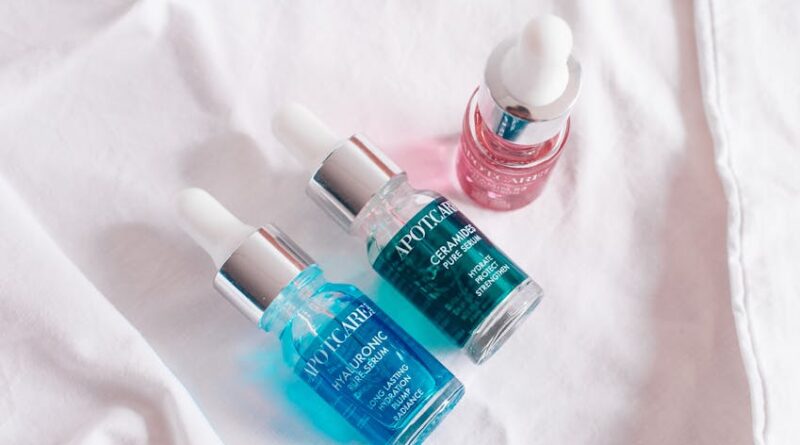Essential Steps for Anti-Aging Skincare
Did you know that your skin is your body’s largest organ? It protects you from the outside world, and, as we age, keeping it healthy becomes even more important. If you dream of youthful, glowing skin, you’re in the right place. Lets dive into the essential steps for effective anti-aging skincare!
What Causes Skin Aging?
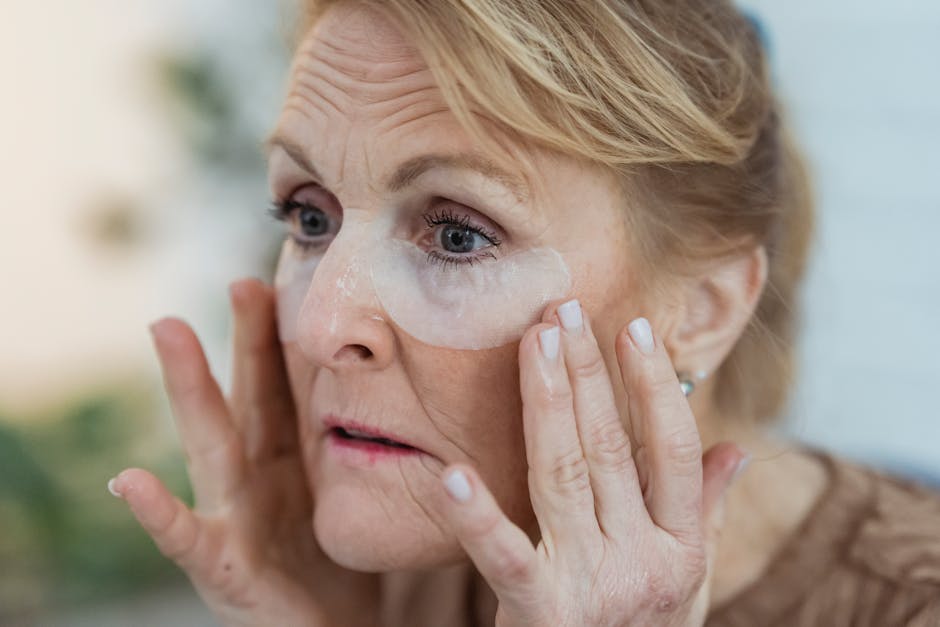
Before we explore the steps, let’s understand what causes our skin to age. Factors like sun exposure, pollution, and lifestyle choices can speed up the aging process. For instance, did you know that UV rays from the sun can cause wrinkles and dark spots? According to the American Academy of Dermatology, up to 90% of skin aging comes from sun exposure.
How Can You Protect Your Skin?
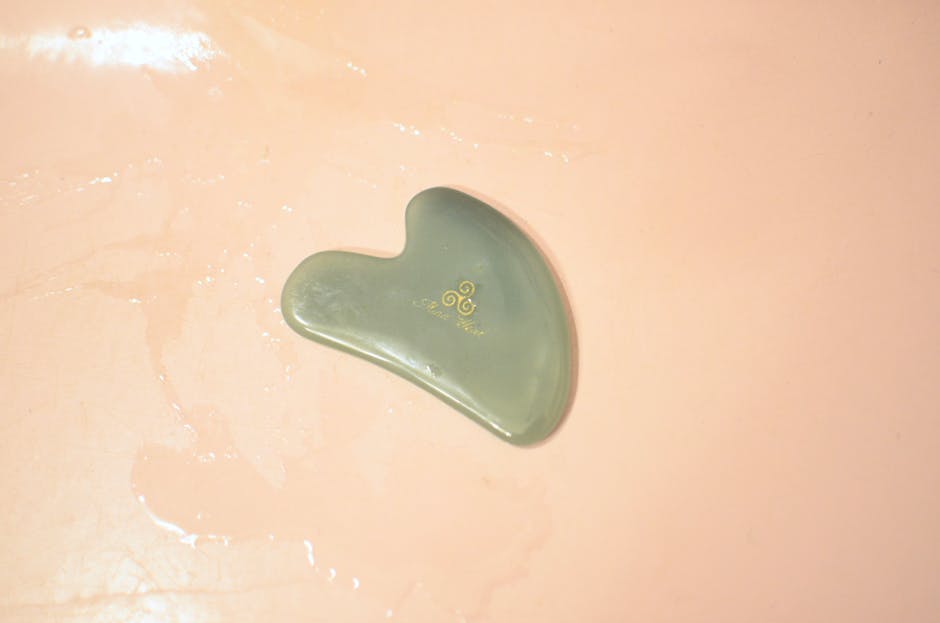
Protecting your skin starts with understanding the basics. Here are key steps to keep your skin looking youthful:
- Use Sunscreen Daily: Even on cloudy days, UV rays can damage your skin. Choose a broad-spectrum sunscreen with an SPF of 30 or higher. Apply it every day, even if you’re staying indoors.
- Stay Hydrated: Drink plenty of water. Hydration helps maintain skin elasticity, making it look plumper and healthier.
- Eat a Balanced Diet: Foods rich in antioxidants, like berries and leafy greens, can combat free radicals that age your skin.
- Get Enough Sleep: Your skin repairs itself while you sleep. Aim for 7-9 hours to wake up with refreshed skin.
What Should Your Skincare Routine Look Like?
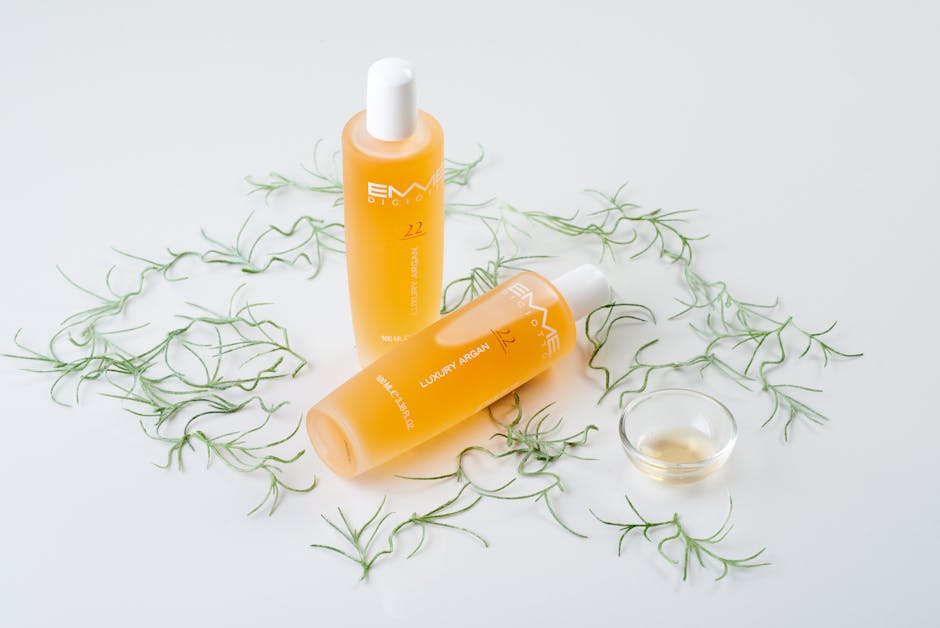
A good skincare routine doesnt have to be complicated. Heres a simple yet effective regimen to follow:
1. Cleanser
Start with a gentle cleanser to remove dirt and makeup. Look for one that suits your skin typewhether oily, dry, or sensitive. For example, if you have dry skin, a hydrating cleanser can help maintain moisture.
2. Exfoliator
Exfoliation removes dead skin cells and promotes new cell growth. Aim to exfoliate 1-2 times a week. You can use physical exfoliants (like scrubs) or chemical exfoliants (like AHAs and BHAs). Just remember, over-exfoliating can cause irritation!
3. Toner
Toners help balance your skin’s pH after cleansing. They can also hydrate and prepare your skin for better absorption of other products. Look for alcohol-free options to avoid drying out your skin.
4. Serums
Serums are packed with powerful ingredients. Vitamin C is a popular choice for it’s antioxidant properties. It helps brighten your skin and reduce the appearance of fine lines. Apply a few drops after toner for maximum effect.
5. Moisturizer
Moisturizing is key to keeping your skin hydrated. Choose a lightweight moisturizer for daytime and a heavier one for nighttime. Ingredients like hyaluronic acid can help lock in moisture.
6. Eye Cream
The skin around your eyes is delicate and prone to aging. An eye cream can help reduce puffiness and dark circles. Look for ingredients like caffeine or peptides for added benefits.
7. Night Cream
At night, your skin goes into repair mode. A rich night cream can nourish and rejuvenate your skin as you sleep. Opt for creams with retinol for added anti-aging benefits.
Are There Specific Ingredients to Look for?
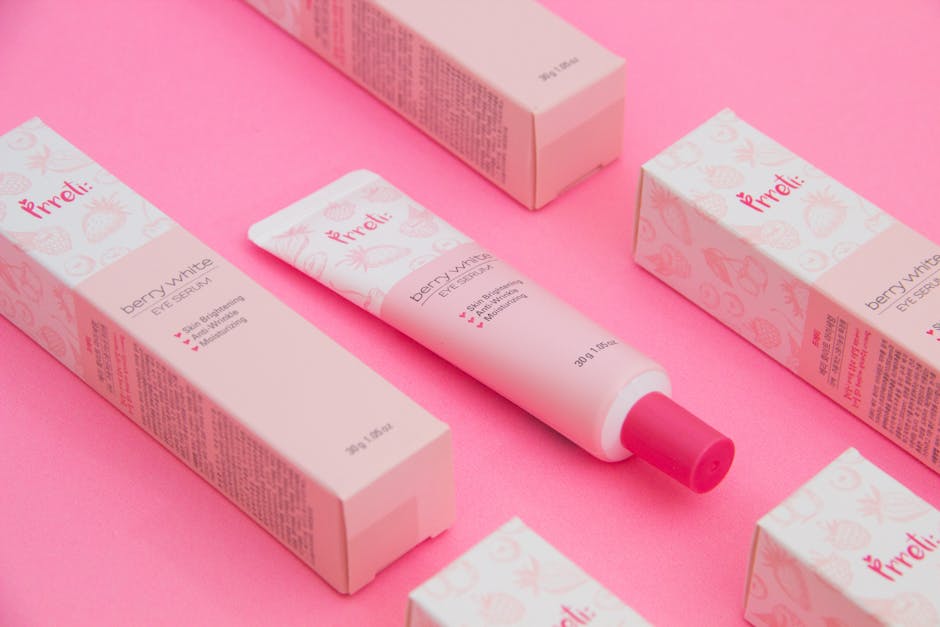
Absolutely! Certain ingredients can dramatically improve your skins appearance:
- Retinoids: These vitamin A derivatives boost collagen production and speed up cell turnover. they’re powerful for reducing fine lines and wrinkles.
- Peptides: These amino acids help repair and rebuild skin. They can improve skin texture and firmness.
- Hyaluronic Acid: This ingredient keeps your skin hydrated and plump. It’s great for all skin types.
- Antioxidants: Ingredients like vitamin C and E fight free radicals, defending your skin against environmental damage.
When Should You Start Anti-Aging Skincare?
It’s never too early to start caring for your skin! Many experts recommend beginning an anti-aging routine in your mid-20s. Preventative care is always easier than trying to fix problems later on.
Can Lifestyle Changes Impact Aging?
Yes! Your daily habits play a big role in how your skin ages. Here are some lifestyle tips:
- Quit Smoking: Smoking contributes to premature aging and wrinkles. If you smoke, seek help to quit.
- Limit Alcohol: Excessive drinking can dehydrate your skin and lead to a dull complexion.
- Manage Stress: High stress levels can take a toll on your skin. Consider relaxation techniques like yoga or meditation.
What Common Misconceptions Exist About Anti-Aging?
There are many myths about anti-aging that can confuse us. Let’s debunk a few:
- Myth: Expensive products are always better. Truth: Price doesnt always equal quality. Look for effective ingredients, not just a pretty label.
- Myth: Sun exposure only matters when you’re old. Truth: Protecting your skin at any age is crucial to prevent damage.
- Myth: You only need sunscreen on sunny days. Truth: UV rays can still harm your skin on cloudy or rainy days.
What Can You Expect from Your Anti-Aging Routine?
Results won’t happen overnight. It takes time for your skin to respond to new products. Generally, you may start seeing improvements after a few weeks. Consistency is key!
How Can You Maintain Your Results?
Once you achieve your desired results, it’s important to maintain them. Keep up with your skincare routine, stay hydrated, and continue using sunscreen daily. Regularly check in with a dermatologist to adjust your regimen as your skin changes.
Take Action Today!
Ready to start your journey toward youthful skin? Heres a quick recap of essential steps:
- Always wear sunscreen.
- Follow a simple skincare routine.
- Choose products with effective ingredients.
- Make healthy lifestyle choices.
Remember, taking care of your skin is an investment in yourself. Whether you’re concerned about fine lines or just want to maintain your glow, it starts with you. For more information on skincare, check out this guide from the American Academy of Dermatology.
